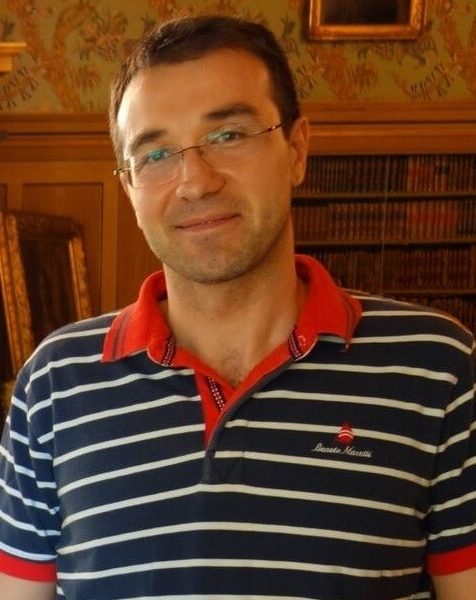Constantinos Arkolakis is being awarded with the Bodossaki Foundation’s Scientific Prizes for 2017. Meet the prominent Greek scientist who, within a few years’ time, found himself from the Corps Officers Military Academy to Yale University.
“The Bodossaki Foundation Scientific Awards are the highest recognition for young Greek scientists. I thank the Foundation for the supreme honour and for its overall contribution to the Greek academic community”.
At the age of 22, you resigned from the Corps Officers Military Academy (SSAS) to follow an academic career in the United States. It this the decision that changed your life?
Definitely, my resignation from the SSAS was the right decision because it allowed me to dedicate myself wholly towards my academic obligations. The conditions and opportunities for research in a PhD program in the United States are extraordinary and this was the only way I could fully take advantage of them. The truth is that I’m a better academic than if I were an economist in the army, and I am happy for this choice.
Having said that, I am very happy to see my former classmates from the Academy, who are economists, doctors, veterinarians and combine, at least partially, their duty with academic research and publications.
What does a brilliant mind find in American universities that does not exist in Greece?
Firstly, what is generally missing in Greek universities are the conditions for academic research. It takes more time, better incentives and tools to enable Greek scientists to conduct high quality research in Greek universities. It is no coincidence that the same Greek scientists when moving abroad become much more productive.
Secondly, and equally as important, is to have regular assessments of scientists’ research work together with departmental work, of which they belong to. From my experience, departments and staff in Greece that function in this manner obtain similar results compared to their counterparts internationally.
Can the conclusions of your research be applied to Greece’s debt crisis?
Clearly they could! For my research, I need statistics from business sales and exports, population census, economic activity per city block/neighbourhood etc. If an authority undertook the systemisation of all this data and enabled its usage by the scientific community, as done in many other countries, I believe it would create enormous benefits both for researchers and for the general public. These budget models could be used to serve as policy proposals and for measuring impact assessment from a sequence of political decisions e.g. in large-scale infrastructure investments, income redistribution etc.
What does the Bodossaki Foundation Scientific Award mean for you personally?
The presentation of the award is a recognition of many years of hard work and perseverance. I feel lucky for being chosen, because the research work of Greek scientists is excellent in the whole field of social science. I would like to thank the Bodossaki Foundation for continuing to constantly support Greek scientists, even during difficult times.
Do you believe that the Bodossaki Foundation should continue to pursue such awards for scientific excellence?
Through the Scientific Awards, the Bodossaki Foundation provides great contribution for the Greek academic. Not only should it continue to support young scientists, but also further its role in making scientific careers more accessible to Greek pupils and students from all social groups.
A few words about Dr Arkolakis’ research:
Dr. Arkolakis’ and his colleagues’ research is focused on issues of international finance and the space of a city. More specifically, his work and research led to the emergence of a unified model for in-depth understanding of the importance of international trade for economic prosperity. This framework also created a set of mathematical tools for analysis and extracting results. He later expanded his research towards the area of the space of a city and into how topography affects economic activity. Through a series of fundamental discoveries, and using detailed data on economic activity within economic space, this research made it possible to analyse and quantify the importance of infrastructure projects with a view for economic development.


